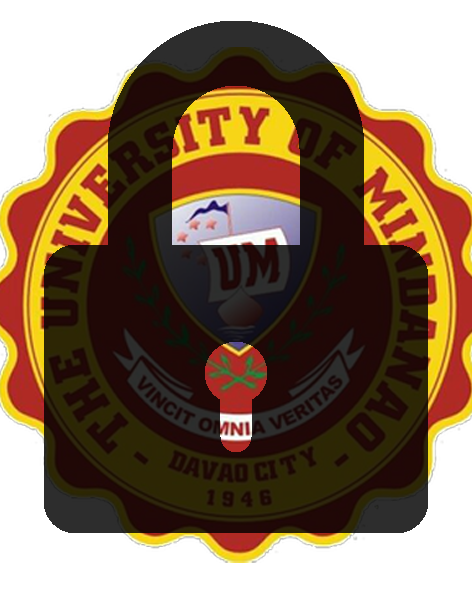Income materialism of the bank employees in Davao City

View/
Date
2024-05Author
Ochinang, Kate Vleer V
Aquino, Marylyn Yari L
Palmera, Gracel B
Keywords
Citation Tool
Metadata
Show full item recordAbstract
The primary aim of this research is to investigate the spending priorities of
bank employees in Davao City regarding their income disbursement among
various categories, such as basic needs (like food, clothing, education,
housing, health and utilities), leisure expenses (including travel, entertainment),
and other miscellaneous expenditures. The focus of this paper was to
establish a significant relationship between income materialism and the
income disbursement in the areas aforementioned of bank employees.
Through purposive sampling, 100 bank employees were surveyed, and
descriptive correlation analysis, including Pearson correlation, was conducted.
The result found that most were female twenty one to twenty five years old,
with income in the lower middle-income bracket. In addition, the respondents
prioritized utilities the most after getting the highest mean score. These
belonged under basic needs, including water and electric bills, the Internet and
mobile allowances, and drinking water. Furthermore, The results reveal a
positive correlation between income materialism and income disbursement.
This implies that there is a noticeable tendency when one variables changes,
the other variable is also affected. Additionally, the study recommends
enhancing travel incentives and other benefits provided by the banking sector
to increase employee satisfaction and potentially improve job
performance.These findings provide valuable insights for optimizing employee
motivation and productivity within the banking sector.
Collections
Publisher
College of Business Administration Education - Financial Management
